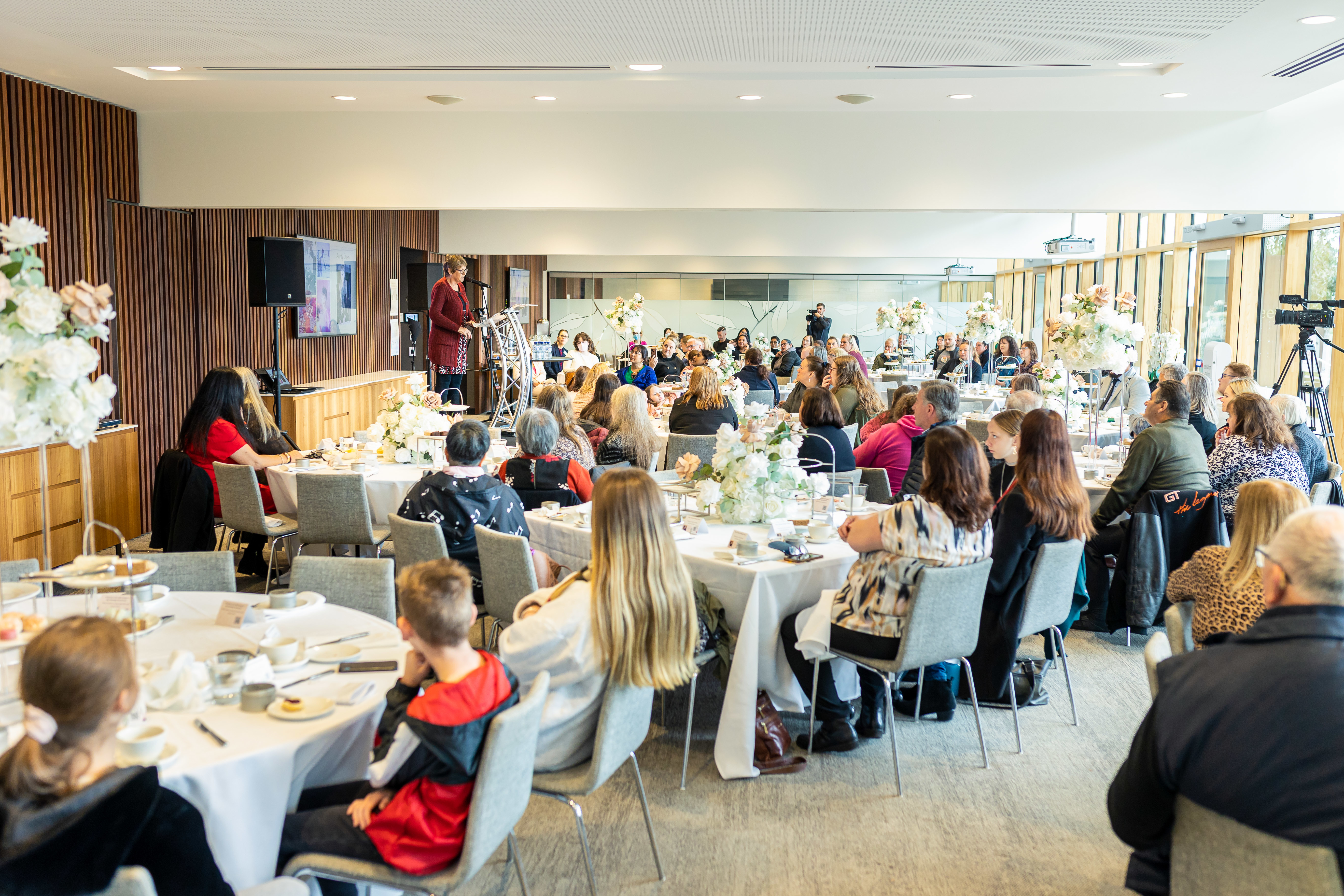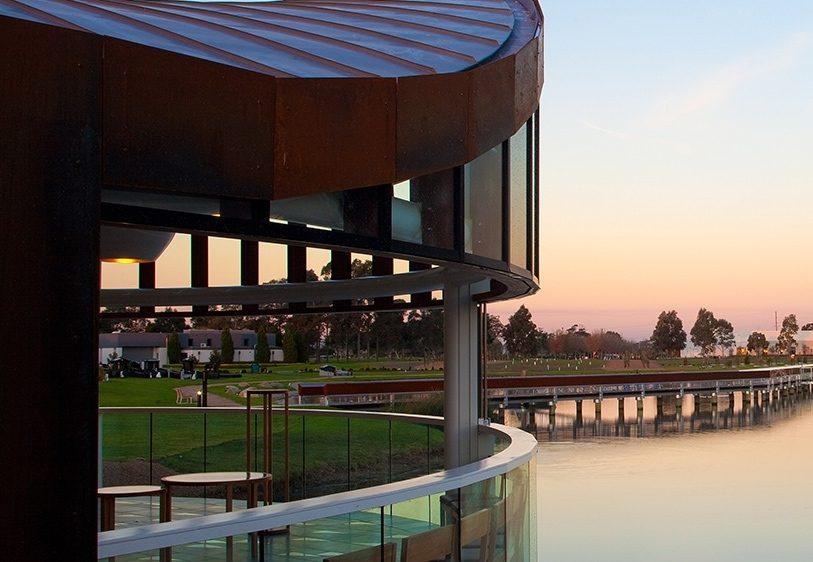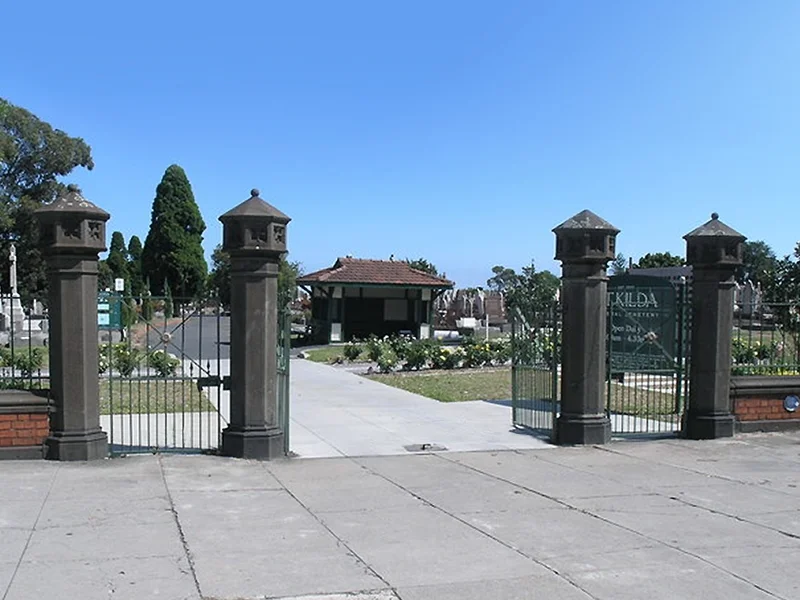Dr Alan Wolfelt Visits our Centre for Care & Wellbeing at Springvale Botanical Cemetery

The approach of care anchored in compassion is what inspired us to open The Centre for Care & Wellbeing at Springvale Botanical Cemetery in February this year.
We are committed to providing our families with compassion and care that transcends beyond the initial period of grief and into the period of mourning, regardless of how long that may take.
The Centre provides a safe haven that can be accessed over time so that families can gently guide their way through their own personal journey of mourning.
Much of the philosophy and approach at The Centre has been influenced by the groundbreaking work of renowned grief expert, Dr Alan Wolfelt. That’s why we were delighted to be able to host the intimate session on Monday 20 March which was both delivered by Dr Wolfelt.
Dr Wolfelt drew on over 40 years’ experience to bring his insights to the audience, explaining that grief is not meant to be easy, and it is not the role of professionals to make it so, but rather to guide and support people through the ‘paradoxes of mourning’.
These paradoxes include acknowledging and coming to terms that the person they love is actually gone and saying ‘hello’ to this difficult reality on the road to ‘goodbye’ with meaningful ceremonies such funeral services or wakes.
Similarly, another paradox involved making friends with the darkness in order to then re-enter into the light with a period of mourning that honoured the lost loved one, that should not be rushed by ‘returning to normal’.
The final paradox of ‘going backward before you can go forward’ explained that grief needs significant rituals such as funeral ceremonies to help family members to go back through memories and stories that assist to carry them meaningfully through the transition of death.
As caretakers of families during what is a most vulnerable time, it was important for those assisting to reinforce the importance of taking time to reflect during this unique and significant time of loss with these significant rituals.
Understanding Grief: Touchstones in Hope and Healing, was delivered to a capacity audience at The Centre for Care & Wellbeing. It was here that Dr Wolfelt explained his personal reason for his commitment to guiding people through their journey of grief through healing.
At just 14 years of age, Dr Wolfelt lost his best friend to leukaemia. From that moment he felt a calling to assist others through the type of pain he experienced following that momentous loss. By 19 years of age he had written his first book on the topic and addressed the audience as, ‘not one who is an expert in grief, but one who is speaking from the heart with the teachings from my own losses.’
The participants then heard the difference between grief and mourning, and that ‘mourning is grief gone public’, and a time during which ‘we take our grief and action it’. It is during this time that most realise grieving is hard work and is naturally intended to slow us down. However, this is often a time when many will mistakenly urge us to ‘move on or forward’.
Dr Wolfelt urged that this is the time to honour your need to suspend the normal activities of life and, ‘befriend your sadness and the proper sorrows of the soul’, in order to fully honour your loved one and the change losing them has caused within your life. The first touchstone, to suspend, is one that is at odds with the fast-paced world we live in, but essential as the first step to healing.
Dr Wolfelt led participants through the five key areas of pain that they might expect including physical, cognitive, emotional, social and spiritual symptoms. This gave an understanding that the resulting effects of grief and mourning can have significant and far-reaching effects, and if left unacknowledged, can lead to long term side effects.
He acknowledged that everyone is individual which makes everyone’s journey through grief individual as well. The factors that were explored included: the circumstances of the death, the nature of the relationship with the loved one, support systems, personality types, religious and spiritual background, and the presence or absence of a meaningful ceremony to begin the mourning experience.
The final point was made with the acknowledgement by Dr Wolfelt that the ongoing support on offer at The Centre for Care & Wellbeing was aligned with serving these exact needs.
The self-care and compassionate essentials necessary for healing are the key influencers that SMCT used to design the Centre. We seek to ensure that it is a safe environment where participants can seek and accept support, be self-compassionate, suspend their everyday life in order to make space to reflect and remember, and be reminded of ways to take care of themselves physically and emotionally.
The wisdom, insights and advice imparted by Dr Wolfelt were delivered in a way that not only engaged everyone in attendance but also touched them in many different ways. His parting words, ‘the essence of reconciliation in grief is to make our life good again and to work to relight our divine spark,’ resonated with all those present within a space that is designed to do just that.





